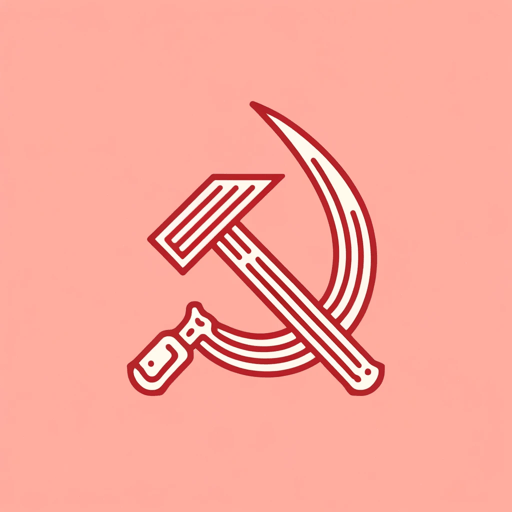45 pages • 1 hour read
Vladimir LeninThe State and Revolution
Nonfiction | Book | Adult | Published in 1917A modern alternative to SparkNotes and CliffsNotes, SuperSummary offers high-quality Study Guides with detailed chapter summaries and analysis of major themes, characters, and more.
Chapters 4-5Chapter Summaries & Analyses
Chapter 4: “Supplementary Explanations by Engels” - Chapter 5: “The Economic Basis of the Withering Away of the State”
Chapter 4, Section 1 Summary: “The Housing Question”
In 1872, Engels cited the experience of the Paris Commune to speculate how a proletarian government would deal with specific policy issues. With respect to housing, the proletariat state would not hesitate to expropriate private property for the sake of equitable distribution, since the working class owns property collectively. There would have to be some kind of organization in terms of allotting and paying for housing, but no hierarchy privileging certain kinds of people over others. There is thus a meaningful difference between Marxism and anarchism, which would reject all forms of social organization.
Lenin then goes into further detail on the Marxist controversy with the anarchists. Contrary to the anarchists, Marx argued that the proletariat must not “renounce the use of arms, organized violence, that is, the state, which is to serve to ‘crush the resistance of the bourgeoisie’" (4.1.2). Marx asked the anarchists what other means there were to destroy the bourgeoisie, and Lenin now asks the same question of the social democrats. Reformers console themselves as being “anti-authoritarians” (4.1.2), but all modern social life depends on some degree of subordination, and there is no escaping the fact that, as Engels put it, “a revolution is certainly the most authoritarian thing there is” (4.
Related Titles
By Vladimir Lenin


